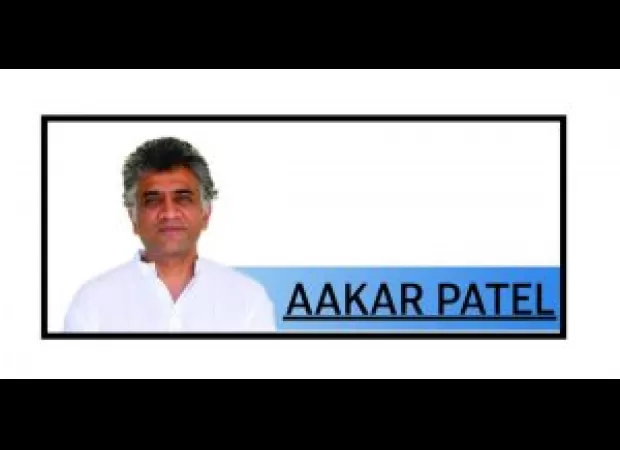The right to practice any religion without interference or persecution.
Do Indians have freedom of religion? Constitution says yes, but laws say no. India is unique as propagation is a right and a crime.

Is freedom of religion truly a right for Indians? Can they freely share and change their faith without fear of punishment? While the Constitution declares it to be so, the reality is quite different. India is a unique country where propagating one's religion is considered both a fundamental right and a criminal offense. This means that while the law grants individuals the right to share their faith, the authorities often intervene and take action. This was evident in a recent incident where a man named Shriniwas Rav Nayak was denied bail by the Allahabad High Court for attempting to convert others to his religion.
This issue is not limited to India alone. Neighboring countries like Nepal and Pakistan also have similar laws and restrictions in place. In fact, in Pakistan, there is no true freedom of religion when it comes to this particular matter. The same can be said for India. However, this was not the intention of the framers of the Constitution. The debate on religious freedom took place on 6 December 1948, after careful consideration by the Minorities Committee and the Committee on Fundamental Rights. The result was Article 25, which states that all individuals have the right to freely practice and propagate their religion, as long as it does not disrupt public order, morality, and health.
The key word here is "propagate", which means to spread and promote, or to convert. During the discussions in the Constituent Assembly, this term was used in the context of conversions, specifically by the Christian community. It was noted that the word "propagate" was crucial to their beliefs and they viewed it as a fundamental right. Hindu conservative KM Munshi, who was part of the group that drafted the text, acknowledged this and stated that conversion through the exercise of one's conscience should be recognized. He also emphasized that conversions should not be feared as they are not driven by material gains, but rather by persuasion.
In the Interim Report on Fundamental Rights, Frank Anthony, the founder of a school network, spoke passionately about the right to propagate in Christianity. He also commended the majority for retaining this right, which he believed to be the most fundamental of Christian rights. Others, such as TT Krishnamachari, argued that conversions to Christianity were often driven by the social status it provided to Dalits. He also pointed out that the right to propagate applied to Hindus and Arya Samajists as well, who were free to carry out their conversion activities, known as "shuddhi".
It is clear that during the debates, all members of the Constituent Assembly understood "propagate" to mean the right to persuade or convert others to one's faith. However, in modern-day India, this right is not only denied, but the right to change one's religion is also suppressed by the State. The only opposition to this in the Constituent Assembly came from a young man named Loknath Misra, who wanted the word "propagate" to be removed. His reasoning was that while he had no issue with people propagating their religion, he did not want it to be enshrined as a fundamental right and encouraged. This was also based on his understanding of the word "propagate" as meaning the right to convert.
According to VP Bharatiya, who wrote in the Journal of Indian Law Institute, the specific discussion and inclusion of "propagate" in the debates may give the impression that it grants a specific right to convert. However, this was not the intention of Dr. BR Ambedkar, who was present in the debate but did not speak. In his original draft, he used the words "to profess, to preach, and to convert", but later agreed that "propagate" had the same meaning. It is worth noting that Ambedkar himself converted to Buddhism, along with 3 lakh other Dalits, on 14 October 1956.
Unfortunately, in the 1970s, the Indian judiciary and police began implementing practices that have led to the current state of affairs. Despite the Constitution guaranteeing freedom of religion, the authorities continue to use criminal laws to restrict this right. It is a sad reality that a nation founded on the principles of religious freedom is now facing such challenges.
15 Views






